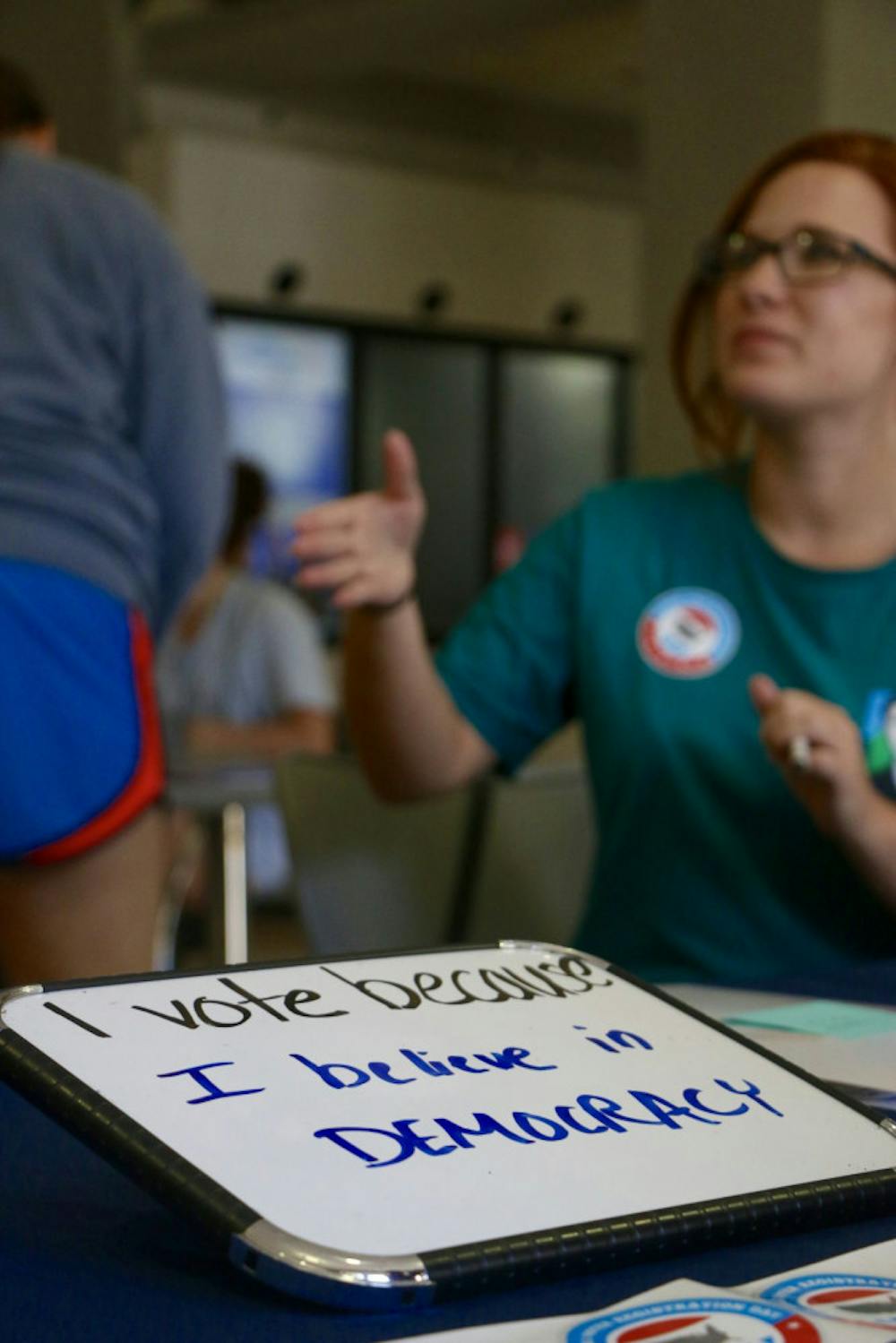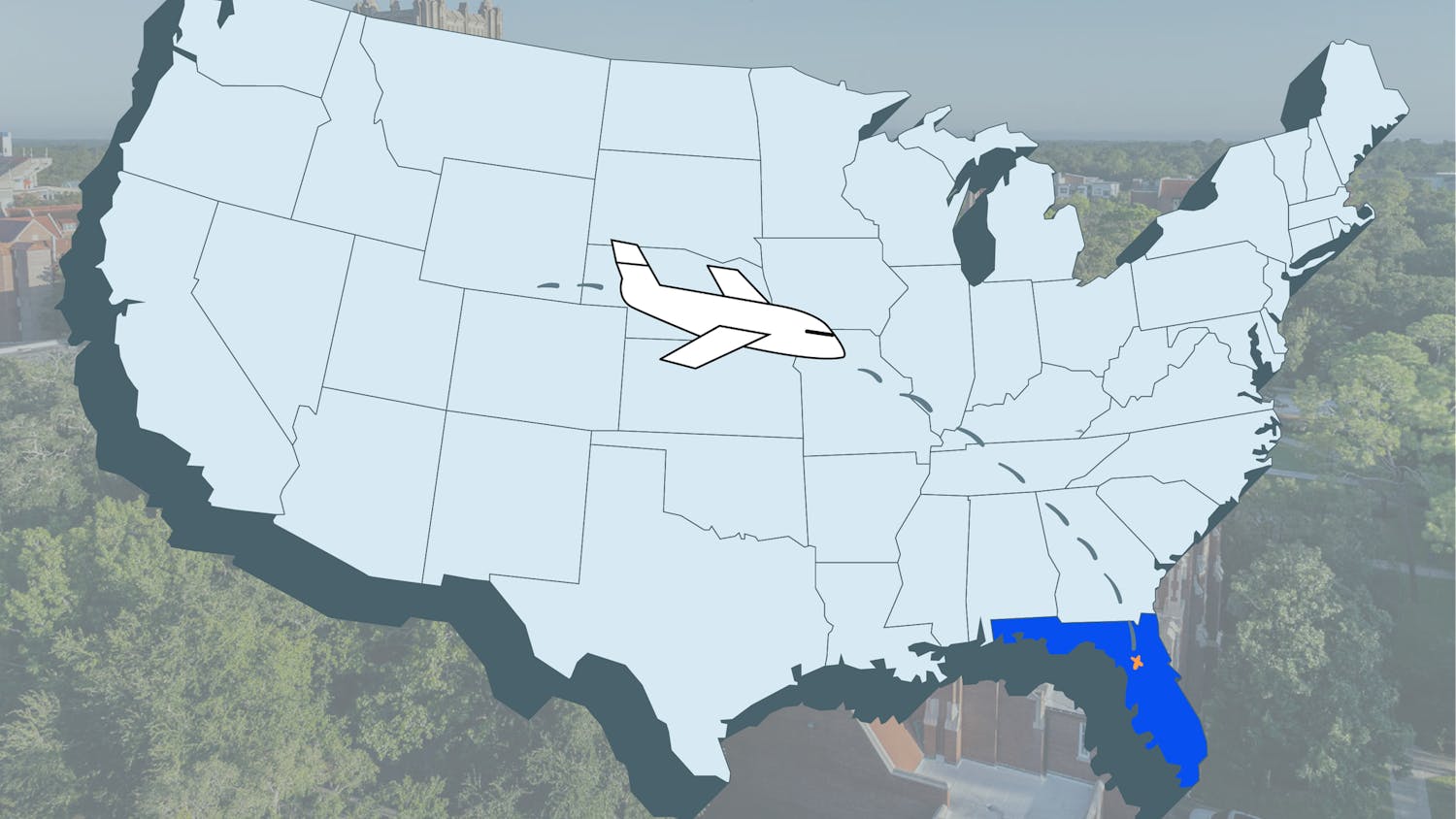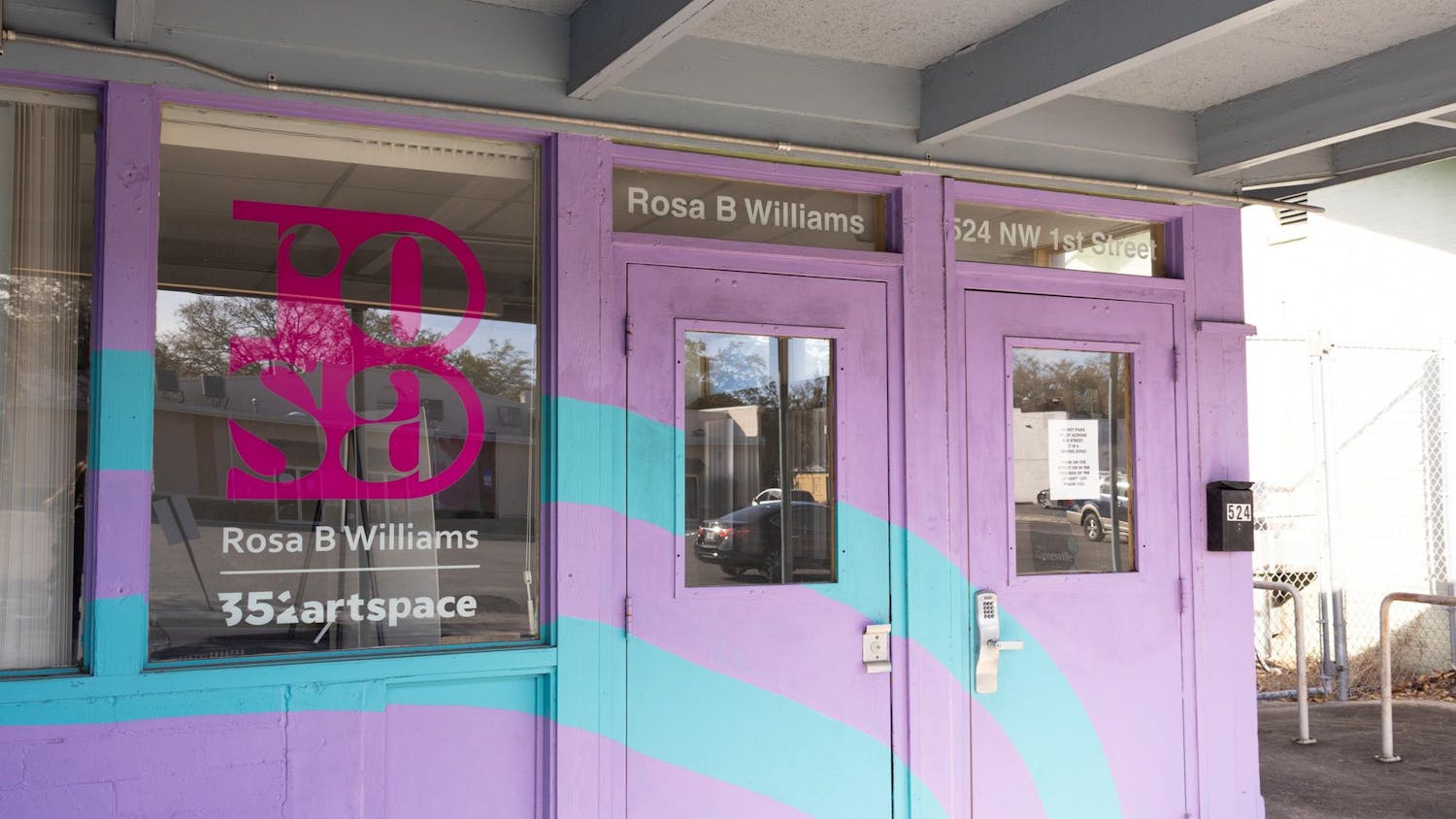Back in 2014, Gainesville City Attorney Nicolle Shalley wanted to know if the Reitz Union was considered a government-owned community center or a convention center for the purposes of early voting.
Gov. Rick Scott’s administration prohibited early voting at public buildings on college and university campuses. According to a 2014 opinion, the terms “convention center” and
“government-owned community center” could not be used to include the Reitz Union or any other college or university-related facilities.
U.S. District Judge Mark Walker ruled Tuesday that the Florida Department of State’s 2014 opinion barring early voting on college and university campuses violates the First, 14th and 26th Amendments of the U.S. Constitution.
Five UF students, a Florida State University student and the League of Women Voters of Florida filed a lawsuit in May against Secretary of State Ken Detzner for wanting to prohibit early voting. Until the lawsuit is ruled on, Judge Walker’s decision is a preliminary attempt to allow early voting on college campuses that the 2014 opinion did not allow.
Patricia Brigham, president of the League of Women Voters of Florida President, was quoted in a statement saying “The court ruling demonstrates that making it easier for our students to vote truly matters. This is the right decision, at the right time, for our democratic process. With this decision, we have an affirmation that making early voting accessible to all is part of a true democracy.”
Megan Newsome, a recent UF graduate and one of the plaintiffs in the lawsuit against Detzner, said Walker’s ruling allows the university to put early voting locations on college campuses but does not ensure the poll sites will be there or require them to be there.
Newsome said the general election is only 100 days away, so the next steps after Walker’s temporary ruling are to make these early voting sights a reality.
“Our part in this is making sure that if we can get that location on campus, making sure students know it’s there, making sure they use it, making sure they know how important this general election is and what’s going to be on their ballot, so that’s another big thing we have to take into account,” she said.
During the 2016 presidential election, 108 UF students used shuttles from campus as transportation to voting polls, Newsome said. She said many students told her they would not have voted if it weren’t for the shuttles.
Statistics showed the UF’s voter turnout rate was 64 percent when the national average for college students was 50 percent, and 38 percent of UF students voted early, she said.
“We really want to make sure that accessibility is not an issue this year,” she said. “That’s what it all comes down to right now.”
Newsome said she began working with the Andrew Goodman Foundation’s Vote Everywhere program at UF in 2015. She registered voters, encouraged students to vote and provided students with shuttle services to voting poll sites.
If early voting locations aren’t available on campus, Newsome said the Andrew Goodman Foundation Ambassadors will still make sure students realize the importance of the election. They will tell students where early voting locations are, how to get to them and will also shuttle or bus students to those locations.
Kevin Baron, adviser for UF Andrew Goodman Foundation Ambassadors, said several other locations at UF, like Ben Hill Griffin Stadium, Library West or the O’Connell Center could easily be used as early voting locations.
“When you’re talking about any government building or stadium, convention center, things like this, I mean universities and college campuses have access for the public,” Baron said. “They have the space, they have the capabilities to be sites not just for students, but also for the larger public around it.”
Follow Angela DiMichele on Twitter @angdimi and contact her at adimichele@alligator.org.






